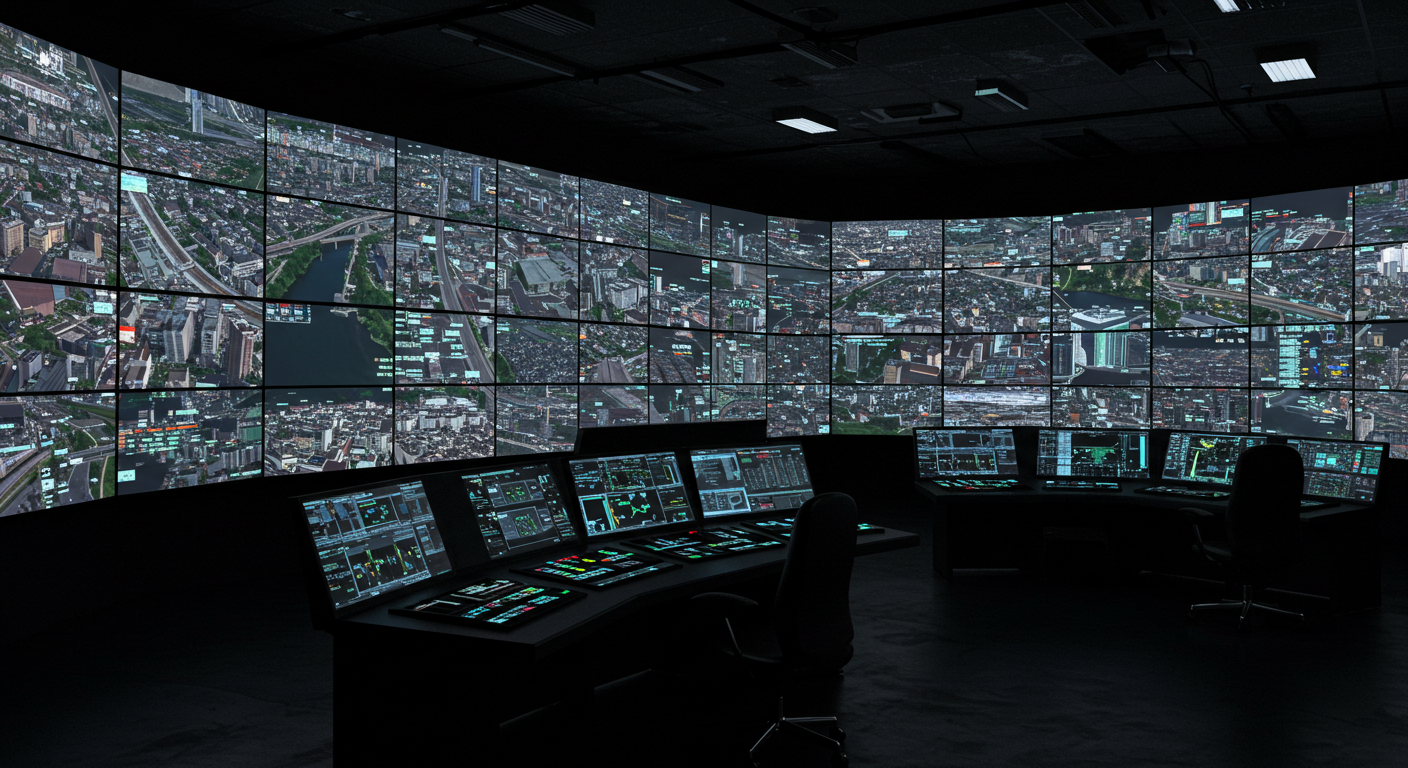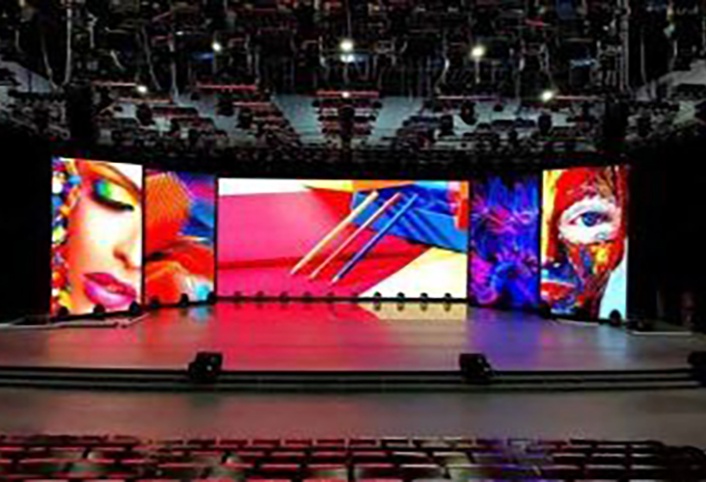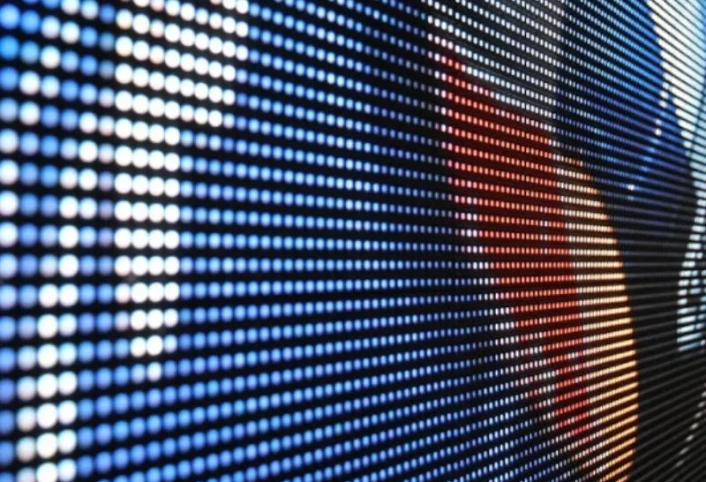Behind every smooth city operation, every flawless broadcast, every emergency response, lies a room bathed in blue light. Not the blue of ocean or sky — the blue of data. Control room screens don’t dazzle. They don’t entertain. They monitor, analyze, predict. Their power lies not in resolution or brightness, but in reliability. One pixel failure can mean a delayed flight. One lag can mean a missed threat. These screens are the unsung heroes of modern infrastructure, the quiet guardians of systems we take for granted. In air traffic towers, they map invisible highways in the sky, turning radar blips into choreographed ballets of steel and fuel. In power grid centers, they trace the pulse of electricity across continents, balancing load with the delicacy of a surgeon. In broadcast studios, they ensure the live feed never stutters, the color never bleeds, the story never breaks. What’s remarkable is their invisibility. The public never sees them. They’re tucked away in windowless rooms, humming softly under the weight of responsibility. Yet their influence is everywhere — in the subway that arrives on time, the news that streams without interruption, the ambulance that finds the fastest route. The paradox is this: the more critical the screen, the less it seeks attention. It doesn’t need animations or transitions. It doesn’t need touch or gesture. It needs accuracy. Consistency. Endurance. Twenty-four hours a day, seven days a week, through heat waves and power surges, these screens remain vigilant. They are calibrated not for beauty, but for truth — every number exact, every line crisp, every alert unmistakable. And in that truth, lives are saved, economies are stabilized, stories are told. The engineers who design them don’t chase awards or headlines. They chase zero downtime. Zero error. Zero compromise. In a world obsessed with spectacle, these screens represent the opposite: the sublime elegance of function. They remind us that not all light is meant to be seen by crowds. Some light exists to see for us — to watch the unseen, to track the intangible, to hold the fragile threads of civilization taut. When you next board a plane, or flick on the news, or feel the lights come on after a storm, remember the blue glow in the hidden room. The screen that never sleeps. The one you’ll never see — but without which, nothing else would work.5





